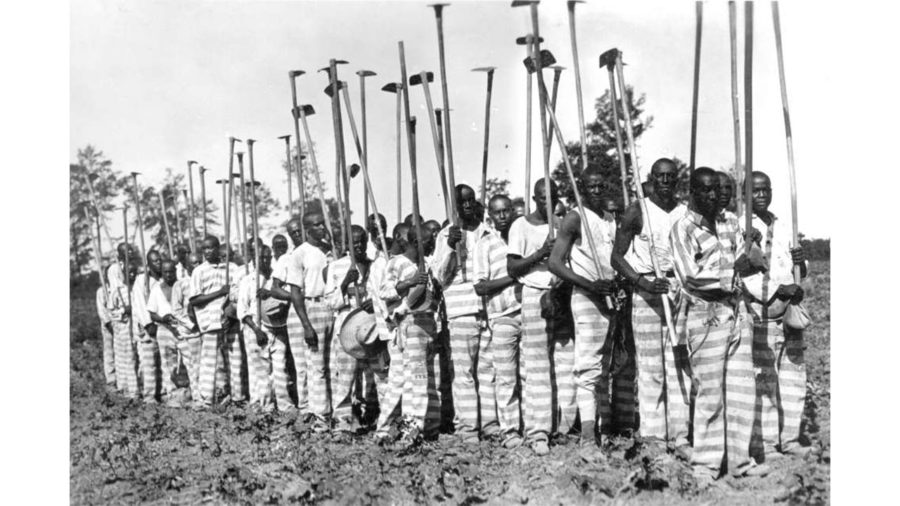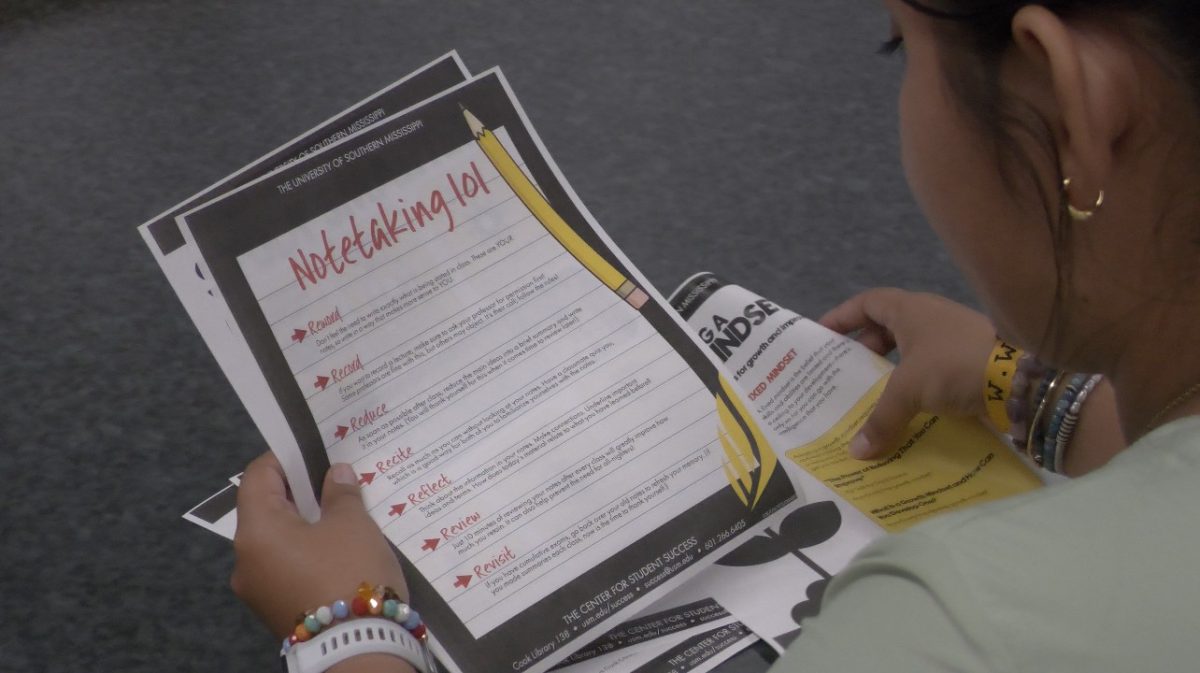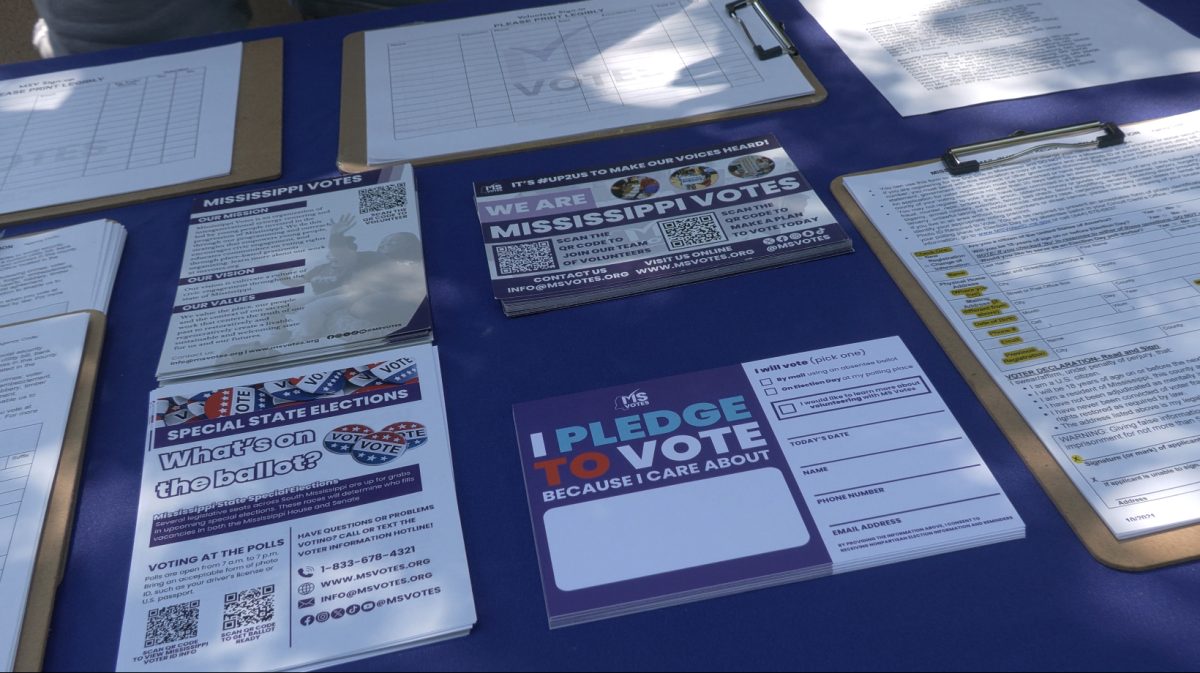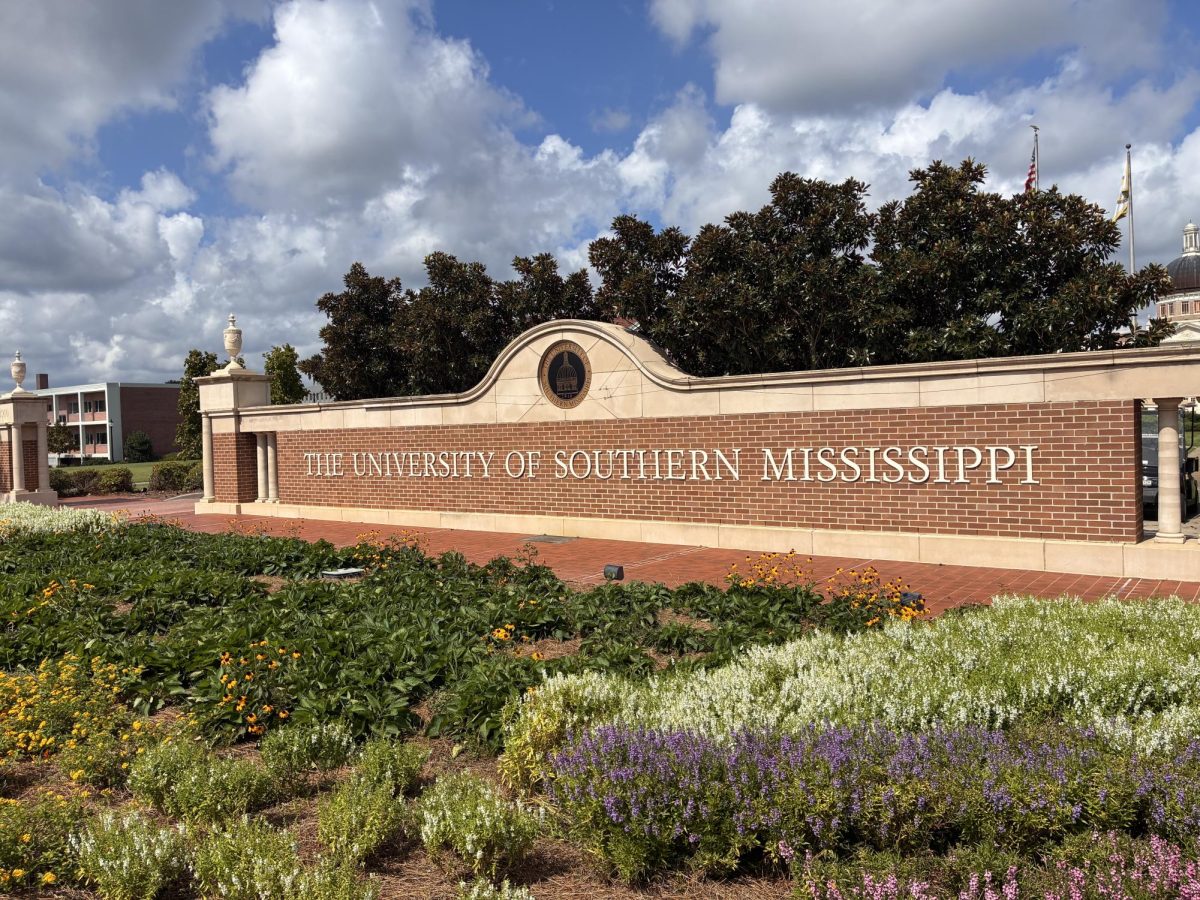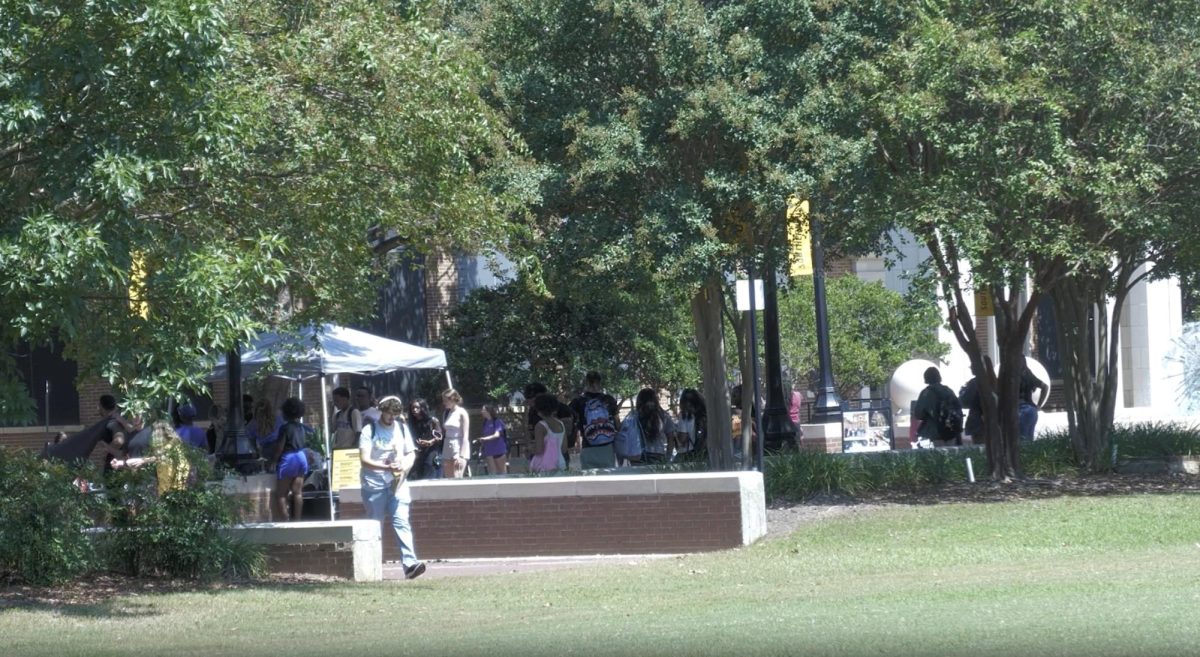The University of Southern Mississippi’s Library Collections hosted “Justice in the Mississippi State Penitentiary: Past Reflections, Present Challenges and Future Directions,” a Criminal Justice Forum moderated by Associate Professor Alan Thompson.
Thompson said prisons in Mississippi and all other states face ever increasing levels of public criticism, shrinking financial resources upon which to operate, political oversight and judicial scrutiny today.
The forum addressed current conditions in the state’s prisons and efforts to reduce crime and recidivism.
“While other states correctional systems have faced greater levels of judicial scrutiny and intervention due to their share size,” Thompson said. “Parchman is not exempt from reform measures that often result in radical operational and cultural changes.”
The forum featured a panel that included Willie Simmons, Mississippi State Senator; Leonard Vincent, Mississippi Department of Corrections (MDOC); Dilworth Ricks, MDOC Victim Services Director and R. Kim Rushing, author of “Parchman.”
The panel described through their perspectives the history of Parchman and its projected future.
“Parchman was a different world,” Vincent said. “When they were ready to integrate the camps they didn’t know how to do it. They said to best way to integrate the camps were to put the meanest whites and blacks together. It was the strangest thing ever.”
Parchman is classified as a prison farm that began with four stockades. It was constructed largely by state prisoners on 28 square miles in unincorporated Sunflower County, in the Mississippi Delta region.
Parchman is classified as a prison farm that began with four stockades. It was constructed largely by state prisoners on 28 square miles in unincorporated Sunflower County, in the Mississippi Delta region.
“We have the tendency to lock more people up while spending less money,” Simmons said. “It’s not a good system.”
The penitentiary is still based through agricultural work for inmates. While being based on a farm, prisoners are expected to farm, pick and gather food.
“Parchman isn’t going to last very long with it still being based as a plantation,” said Vincent. “You can’t just take a kid off the streets of Jackson, Miss. from slinging dope or whatever else, bring him in and expect him to pick some butterbeans.”
The panelist spoke about the possible funding for the correction system to provide more programs and to help progress its structure. It also covered the evolution of people being locked up and the increase of the LGBT community in the system and society.
Dillworth Ricks said the development of new programs, such as “Restore to Justice,” a victim-offender dialogue practice, is making a difference. She said that in the past, everything was so offender-driven and it is time to switch gears.
“This allows the offender and victim to sit down and have a conversation,” she said. “We have to make sure victims rights are balanced with offender rights. Making sure everyone has a voice at the table and making sure offenders are held accountable.”
The forum ended with questions and answers from the public that focused on recidivism and the future of the Mississippi Department of Corrections.
On the Friday morning following the forum, students and other volunteers gathered in the Cook Library art gallery for a reading and book-signing by R. Kim Rushing.
There were also readings of inmate letters and excerpts from “Louis Bourgeois, Unit 30: New Writing from Parchman Farm,” a recent collection of prison writing from Vox’s Prison Writes Initiative (PWI) as well as a synopsis of victims’ letters presented by Dilworth Ricks.
Wrapping everything up, volunteers packaged the books that were donated to Big House Books and mail to inmates in the Mississippi penitentiary system.
This official bicentennial project is made possible by a grant from the Mississippi Humanities Council, through support from the Mississippi Development Authority.

























